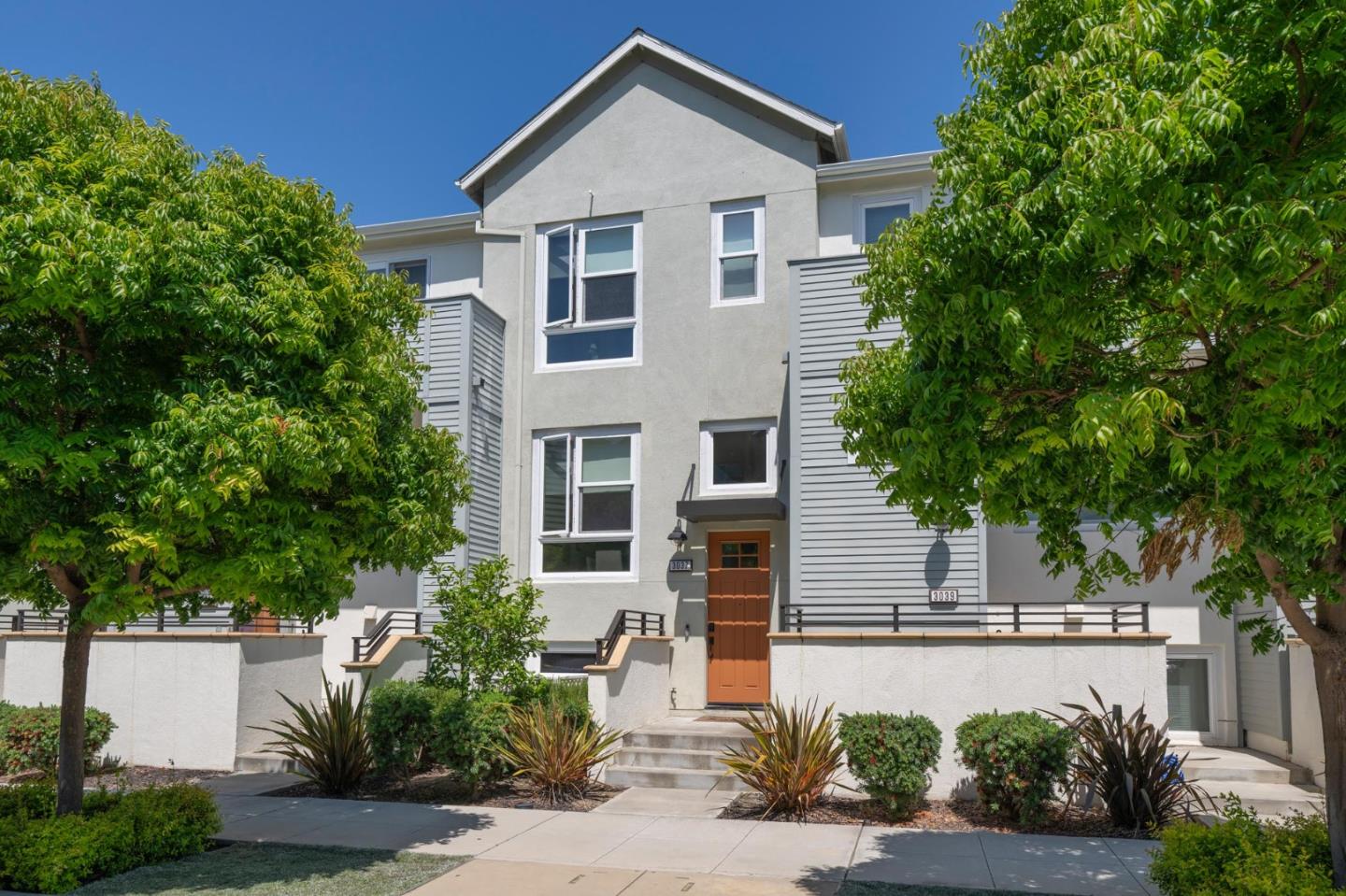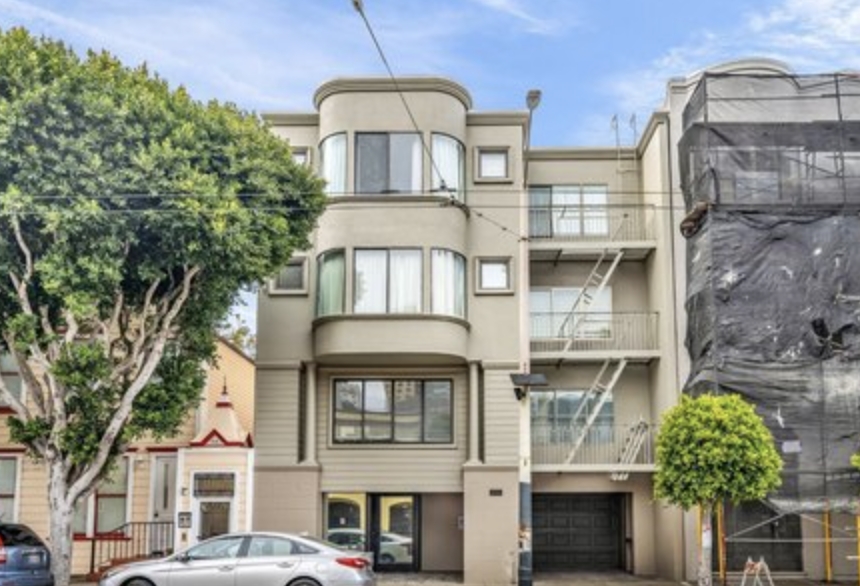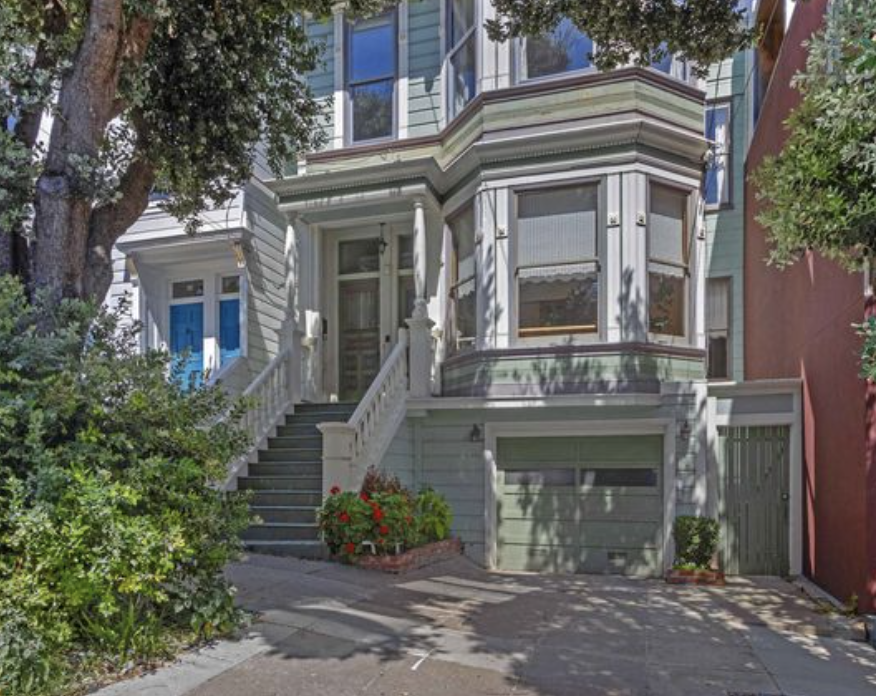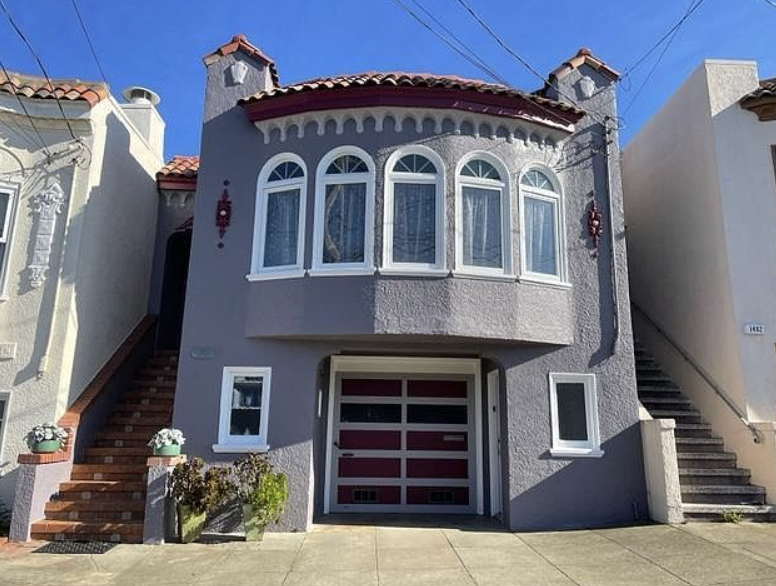
Buying a Co-Op in San Francisco
San Francisco’s real estate market is notoriously expensive and competitive, making homeownership a challenge for many. Cooperative housing, or co-ops, offers a unique and often more affordable way to own a home in the city. Unlike traditional homeownership, buying a co-op means purchasing shares in a corporation that owns the building, giving you the right to live in a specific unit. This guide explores the ownership structure of co-ops in San Francisco, outlines the buying process, and highlights key considerations to help you decide if a co-op is the right choice for you.Understanding Co-op Ownership in San Francisco.
A housing cooperative in San Francisco is a corporation that owns a residential building or complex. When you buy into a co-op, you purchase shares in this corporation rather than owning your unit outright, as you would with a condominium. The number of shares you own depends on factors like the size, location, or value of your unit. For instance, a larger unit or one with premium views, such as those overlooking the Golden Gate Bridge, may require a higher share allocation, impacting both the purchase price and monthly maintenance fees.As a shareholder, you receive a proprietary lease, which grants you exclusive rights to occupy your unit and participate in the co-op’s governance. This structure creates a strong sense of community, as residents collectively own and manage the building through an elected board of directors. The board handles decisions on maintenance, repairs, and house rules, while shareholders vote on major decisions, like approving new buyers or funding capital improvements.
Co-ops differ from condominiums, where you own your unit as real property and share common areas through a homeowners’ association. In a co-op, the corporation owns the entire property, and your monthly maintenance fees cover building upkeep, property taxes, utilities, and sometimes insurance. This can make co-ops more affordable, as you avoid individual real estate taxes and certain closing costs, like title insurance. However, co-ops often have stricter bylaws and require board approval for purchases, sales, or rentals, emphasizing the cooperative’s focus on a cohesive community.In San Francisco, co-ops are less common than condos or tenancy-in-common properties but are found in neighborhoods like Pacific Heights or Nob Hill. Some are market-rate, priced based on the local market, while others are limited-equity co-ops, subsidized to provide affordable housing for low- or moderate-income buyers.
The city’s Community Opportunity to Purchase Act, enacted in 2019, supports co-op development by giving nonprofits a right of first offer on multi-unit buildings, potentially increasing affordable co-op options.The Process of Buying a Co-op in San FranciscoPurchasing a co-op in San Francisco involves a distinct process compared to buying a condo or single-family home.
Here are the key steps:
- Review the Co-op’s Bylaws: Begin by studying the co-op’s bylaws, which outline ownership qualifications, rules, and restrictions. Some co-ops prohibit renting units or limit pets, while others require minimum liquid assets (often 12-24 months of maintenance fees) or specific debt-to-income ratios (typically 25-30%). Understanding these rules ensures you meet the co-op’s standards and align with its community values.
- Secure Financing: Financing a co-op can be trickier than for a condo, as fewer lenders offer co-op loans, and they often require higher down payments (20-30% or more). Some high-end San Francisco co-ops may even demand all-cash purchases due to restrictive bylaws. Work with a lender familiar with co-op financing to navigate these challenges and confirm the building is on their approved lending list.
- Submit an Application: The co-op board requires a detailed application, including financial statements, tax returns, credit reports, and personal references. This “board package” demonstrates your financial stability and compatibility with the co-op’s community. In San Francisco, boards may focus on your ability to cover maintenance fees, which include property taxes and can range from $500 to over $1,000 monthly, depending on the building.
- Attend a Board Interview: If your application is strong, you’ll be invited to interview with the co-op board. This step ensures you’re a good fit for the community, as co-ops prioritize residents who share their values and contribute to a harmonious environment. Be ready to discuss your financial situation, lifestyle, and reasons for joining the co-op. Avoid overly critical questions during the interview to maintain a positive impression.
- Close the Sale: Once approved, work with a real estate attorney experienced in co-op transactions to finalize the purchase. At closing, you’ll receive a stock certificate and proprietary lease instead of a deed, reflecting your share ownership. The closing process is often simpler than for condos, with lower costs due to the absence of title insurance or mortgage recording taxes.
Key Considerations Before Buying a Co-opBefore committing to a co-op, evaluate these factors to ensure it fits your needs and lifestyle:
- Community and Governance: Co-ops thrive on community, so assess whether the building’s culture aligns with your values. Attend open houses or talk to residents to gauge the atmosphere. Review board meeting minutes to understand the co-op’s management style and financial health, as poor governance can lead to unexpected assessments or maintenance issues.
- Financial Implications: Co-ops can be more affordable upfront, with median prices often 10-20% lower than condos, but maintenance fees are higher due to bundled expenses like property taxes. Ensure your budget accounts for these ongoing costs and potential special assessments for repairs or upgrades.
- Resale and Rental Restrictions: Co-op boards often impose strict rules on selling or renting units, which can limit your flexibility. For example, some co-ops restrict rentals to two out of every four years or require board approval for sublets, affecting income potential. Resale values may also appreciate more slowly than condos due to these restrictions.
- San Francisco Market Dynamics: With median home prices around $1.35 million in 2025, San Francisco’s real estate market remains one of the priciest in the U.S. Co-ops offer a more accessible entry point, especially in limited-equity models, but inventory is limited, and competition is intense in desirable neighborhoods. Research market trends and work with a local real estate agent to find opportunities, including off-market listings.
Why Choose a Co-op?Co-ops in San Francisco provide a cost-effective alternative to traditional homeownership, with lower purchase prices and reduced closing costs compared to condos or single-family homes. They also foster a tight-knit community, appealing to buyers who value shared decision-making and neighborly connections. However, the unique ownership structure, financing challenges, and board approval process require careful preparation.
To succeed, partner with a real estate professional and attorney who specialize in San Francisco co-ops. Luckily, you're in the right place. Schedule a call with myself and our inhouse attorney, Andrew Oldham, and we can run you through the process ahead in detail.
.png)



















